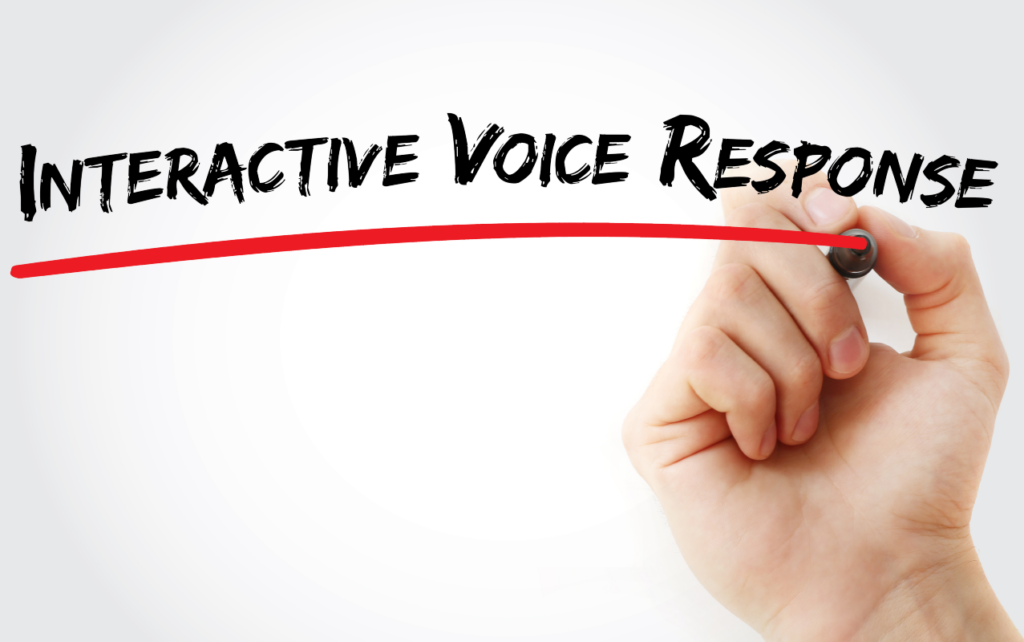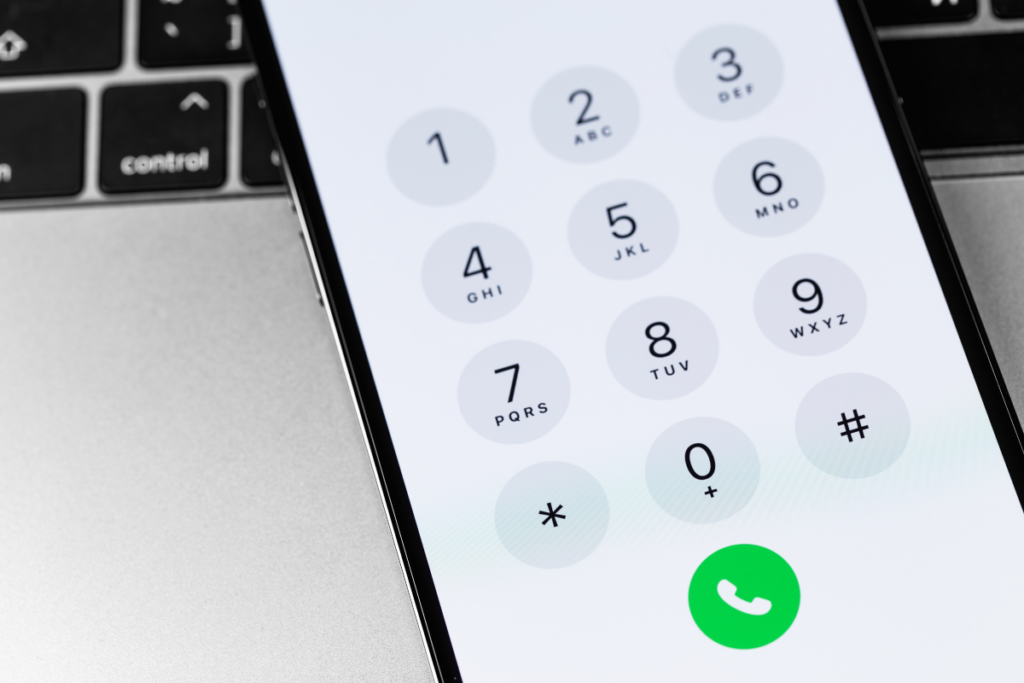Here at CardSwitcher we often get asked about all the different payment services available to you, which one is best, and how they each work - and IVR Payments are no exception to this!
Have you come across the term “IVR payment” and wondered what on earth it was, and whether it’s something your business should be considering? Well, you’ve come to the right place.
In this post, we explain the ins and outs of IVR payments: what they are, how they work, the benefits they bring, who they are suited to, and how safe they are. We’re here to help you make informed decisions so you can offer your customers the best service possible!
Disclaimer: CardSwitcher doesn’t offer IVR Payment services, but our information will help you make smart decisions. We can also help find you the best price possible for your card processing fees, with many of our suppliers offering up IVR services alongside payment gateways.

What is an IVR Payment System?
An IVR Payment System is basically a payment made using Interactive Voice Response.
In payment terms, this is a system where customers can pay for bills and fees over the phone by interacting with a pre-programmed automated system. This is usually achieved by integrating this system with your chosen third party payment gateway.
Types of IVR Payment
There are two main types of IVR payment, which we outline below:
Self Service
This is a system where your customers call into your existing phone number and select “Payments” from your front end phone menu.
Your system will transfer their call over to the cloud, where they will interact with your branded and specifically configured IVR payment system.
Customers can then make credit or debit card payments in a PCI compliant environment, with transactions being processed by your merchant account.
Agent Assisted
With this method, when a customer calls and speaks to an agent, the agent transfers them to the IVR Payment Platform, where your agent can then exit the call.
This is a great option for instilling trust in customers that they have dialled the correct number and have full payment security.
How do IVR Payments Work?
In the past, setting up IVR payments used to be a real bug-bear, but with advancements in technology, it is much more streamlined and often done through a cloud service. But the way in which the IVR Payment system work hasn’t changed much:
- A call is placed by a customer with the intention of making a payment. Payment lines are often 24/7.
- Your IVR will kick in and present your customer with a phone menu that will prompt them to make a relevant selection.
- They will be presented with a number of options where the caller will interact with the IVR menu - often through their keypad, or AI Natural Language Processing can be put in place so they can say their answers out loud.
- Customers will enter their relevant information (payment/invoice/account number, etc). You have the option to input software to validate this information to present the customer with their correct details
- As the caller navigates their way through the system, their query can be resolved through the initial IVR menu. If not the call can be categorised through the IVR menu, where the query can be identified and callers can be put in touch with relevant live agents.
- Payments are successfully made, with the payment showing up in real time on your merchant account. The entire IVR process takes on average 5-10 minutes.

Benefits to IVR Systems
There are many benefits to including an IVR system into your business, including but not limited to:
- Your customers are not restricted to your office hours and have the ability to pay their bills/fees/invoices 24/7.
- Profitability is increased as labour costs are reduced.
- Invoice to cash time is improved as customers are able to pay at a convenient time for them.
- Stress on staff is reduced, as payments are handled externally through the IVR and they can prioritise non-payment related calls.
- Can safely and efficiently comply with industry standard security requirements (PCI and HIPAA).
- Your business is able to handle multiple calls concurrently, meaning multiple payments can be made at once resulting in no missed payments.
Who should use IVR Systems?
There is no use installing an IVR System to your customer service and payment handling systems if they are not best suited for you and your business.
Therefore, we’ve done a round up of the best industries for IVR Systems:
- Taxi Operators
- Housing and Tenancy
- Retail
- Hospitality
- Public Sector
- Universities and Education Sector
- Financial and Insurance Services
- Parking Charge Enforcement
- Travel Agencies and Tour Operators
- Debt Collectors
- Utility Provider/Suppliers

Are IVR Payments Safe?
We understand that protecting your customer details, particularly in relation to payments is of the utmost importance to you. We also understand that you may have concerns about bringing in an external system to help deal with your customer payments over the phone.
But to answer your question “are IVR Payments safe?” - yes, yes they are.
IVR Payments are entirely safe for a number of reasons, but specifically for the fact that they need to be PCI compliant. If your IVR is PCI compliant, it means that your business is following technical and operational security standards to protect the card holder's data, giving you and your customers the confidence to process payments over the phone.
Key IVR Payment Terms
AI NLP - Artificial Intelligence Natural Language Processing. Voice recognition technology that deciphers speech based on learned phrases and patterns.
API - Application Programming Interface. A back-end interface that deals with all calls to direct customers to the right place.
IVR - Interactive Voice Response. A pre-programmed menu laced with your branding to deal with payments over the phone.
Payment Gateway - A non-physical space that is engaged when a customer makes a payment, where their details are verified before accepting payment.
PCI Compliant - Payment Card Industry Compliant. Measures in place to protect your customers' data. It is your responsibility to maintain your compliance.
Conclusion
Now we’ve given you an overview of IVR payments, you should be able to decide whether it’s useful for your business and worth looking into setting up.
You can learn more about different payment methods your business should consider implementing to retain a competitive edge.
If you’re looking at restructuring your current payment processing system, or you’re a new SME looking to find the best deal, look no further than CardSwitcher. We help you compare card processing costs from a wide range of providers, helping you to save up to 40%!


